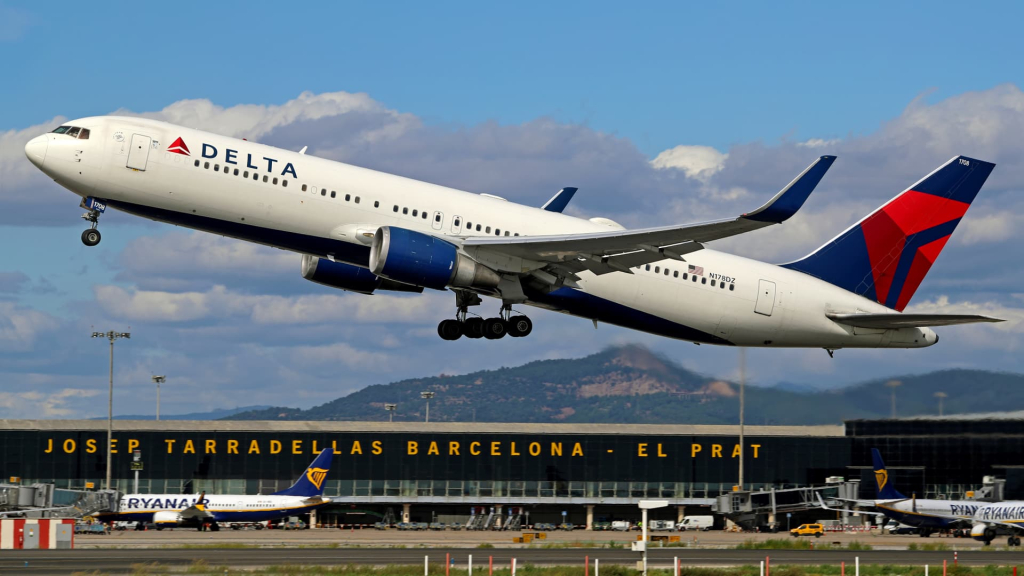Delta Air Lines has revised its profit outlook for 2025 downward as it grapples with unexpectedly lower demand this year, amid an oversupply of flights in the market. However, the airline’s forecasts for summer travel have exceeded analysts’ expectations.
According to CEO Ed Bastian, recent bookings have become more consistent, although they have stabilized at levels that fall short of the airline’s initial projections for the year.
Bastian commented, “Travel is still happening. What we are seeing is a shift in consumer booking behaviors. Travelers are postponing their planning until closer to their actual travel dates, which has influenced our booking trends and yield management strategies.”
As the first U.S. airline to announce its financial results, Delta now anticipates adjusted earnings per share in the range of $1.25 to $1.75 for the third quarter, slightly below the consensus estimate of $1.31. Furthermore, the airline predicts revenue will remain flat or increase by up to 4%, surpassing expectations for a modest 1.4% growth.
This includes strategic cuts to capacity outside of peak travel periods, with Bastian referring to these adjustments as “surgical” following the summer travel rush, which typically concludes around mid-August.
In the quarter ending June 30, Delta’s performance reflected the following statistics compared to Wall Street’s expectations, according to consensus estimates from LSEG:
- Earnings per share: $2.10 adjusted, compared to the expected $2.05
- Revenue: $15.51 billion adjusted, exceeding the $15.48 billion forecast
Though ticket prices have seen a decrease across the U.S. market, Delta’s revenue from premium products rose by 5%, whereas sales from the main cabin dropped by 5% compared to last year. Additionally, the airline’s total revenue per seat mile—a key indicator of financial performance—declined by 4% during the quarter.
Bastian indicated that Delta is committed to continually enhancing its premium offerings.
“Whether it involves our lounges or onboard product quality, our premium products must evolve. What was considered state-of-the-art six or seven years ago is no longer sufficient,” he explained. “We are dedicated to ongoing upgrades and improvements.”
Corporate travel rates have stabilized, but they align more closely with last year’s figures, rather than the anticipated growth of 5% to 10% initially projected by Delta.
During the second quarter, Delta recorded nearly $15.51 billion in adjusted revenue, marking a 1% increase from the previous year. The company’s net income for the three months ending June 30 reached $2.13 billion, or $3.27 per share, representing a 63% rise compared to the same quarter last year, when net income stood at $1.3 billion, or $2.01 per share. After adjustments for one-time items, the per-share net income was reported at $1.37 billion or $2.10 per share.


























